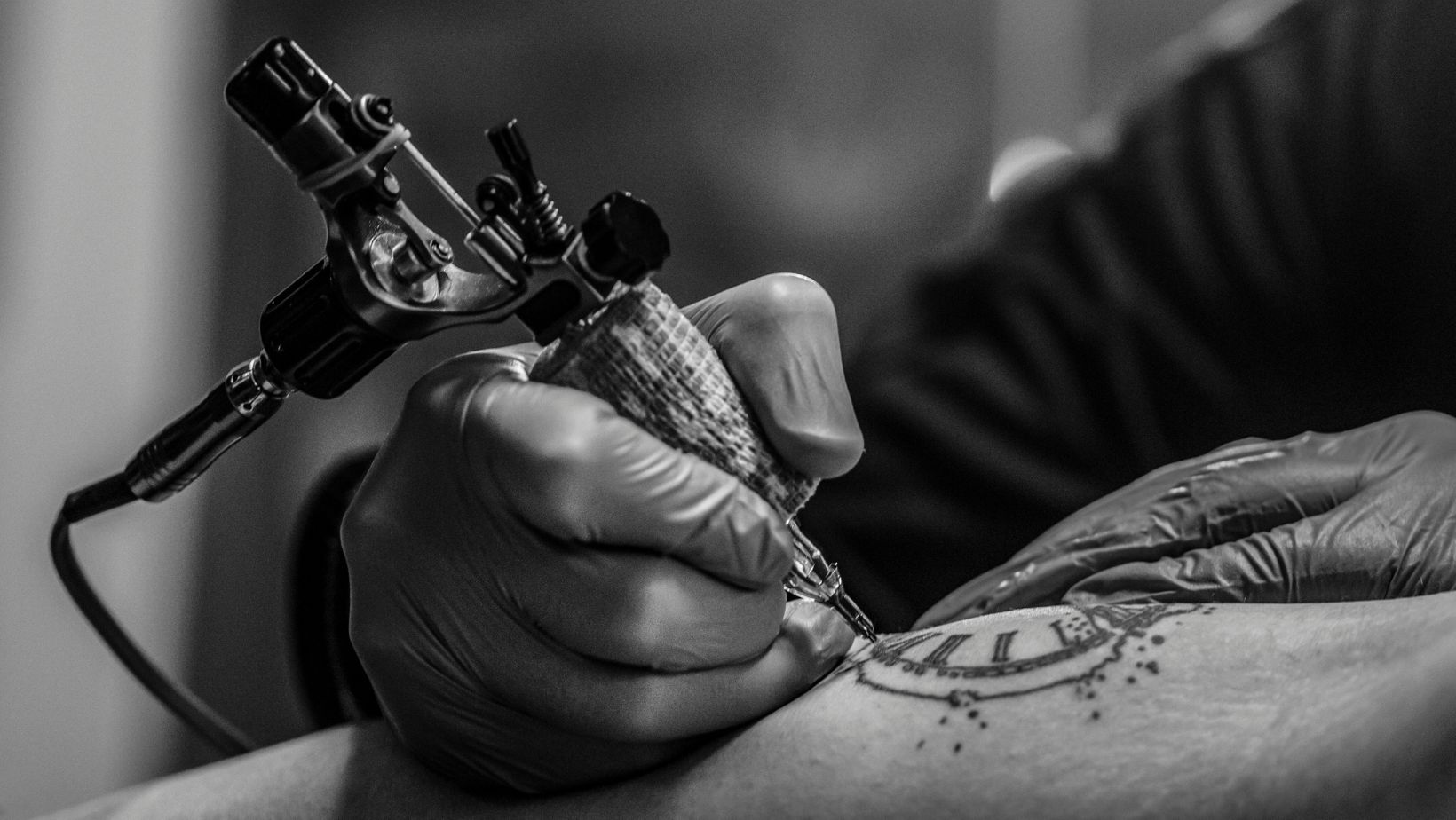
Throughout history, tattoos have played a significant role in various societies, acting as a means of personal expression and establishing individuality. Tattoos go beyond mere physical adornments and are powerful expressions of individual narratives, convictions, and ancestral traditions. In this piece, we explore the deep meaning behind tattoos and how they reflect our rich cultural background.
Family tattoos: A testament of Love and Unity
Family tattoos are a popular choice for many, symbolizing the bond, love, and unity within a family. They are a constant reminder of the people who have significantly influenced one’s life. These tattoos often incorporate family names, portraits, or symbols with special meaning. They are not just mere adornments but a testament to the wearer’s love and respect for their family, reflecting their cultural heritage and the values they hold dear.
Tattoos as Cultural Heritage
Body art has played a significant role in numerous societies across the globe. For example, the Maori community in New Zealand practices a unique style of body art called Ta Moko, which holds significant cultural and personal significance for them. The significance of these tattoos goes beyond mere aesthetics; they narrate a tale of the wearer’s ancestral lineage, tribal connections, and their standing in the community.

Likewise, the elaborate patterns in Polynesian body art symbolize the individual’s societal standing, abilities, and familial heritage. The inked designs serve as a form of communication, a means of safeguarding and articulating the rich traditions of a particular culture.
Tattoos as a Form of Storytelling
Body art serves as a means of narrative, a medium for conveying individual tales, convictions, and principles. Tattoos can symbolize important moments in life, individual achievements, or acts of remembrance for those we hold dear. Every tattoo carries its distinctiveness, mirroring the individual’s path and adventures. The craft of telling stories has a long and illustrious history that extends back through many centuries of human culture. Consider, for instance, the ancient Picts, who were a Celtic people and were famous for their complex tattoos, which showed stories of bravery and battle.
Tattoos as a Form of Resistance
Tattoos can be seen as a means of defiance and empowerment in various societies. For example, the Tharu community in Nepal has found a unique way to combat human trafficking by embracing tattoos as a powerful tool of defiance. These tattoos were admired for their aesthetic appeal in the past, but today, they represent a powerful resistance against injustice. Likewise, the Yakuza tattoos in Japan, despite their connection to the criminal underworld, serve as a means of defying societal conventions and anticipated behaviors.

Tattoos encompass more than mere physical adornment; they serve as a mirror of individuality and a celebration of cultural lineage. Narratives are shared, convictions are expressed, and they stand as a testament to the deep affection one holds for their loved ones. These entities serve as a means of defiance and empowerment, safeguarding and articulating cultural legacy. While we admire tattoos’ aesthetic appeal and creativity, it is important to acknowledge the deep personal meaning they carry for the individual. Indeed, each inked design holds a unique narrative, a fragment of cultural legacy waiting to be unveiled.























